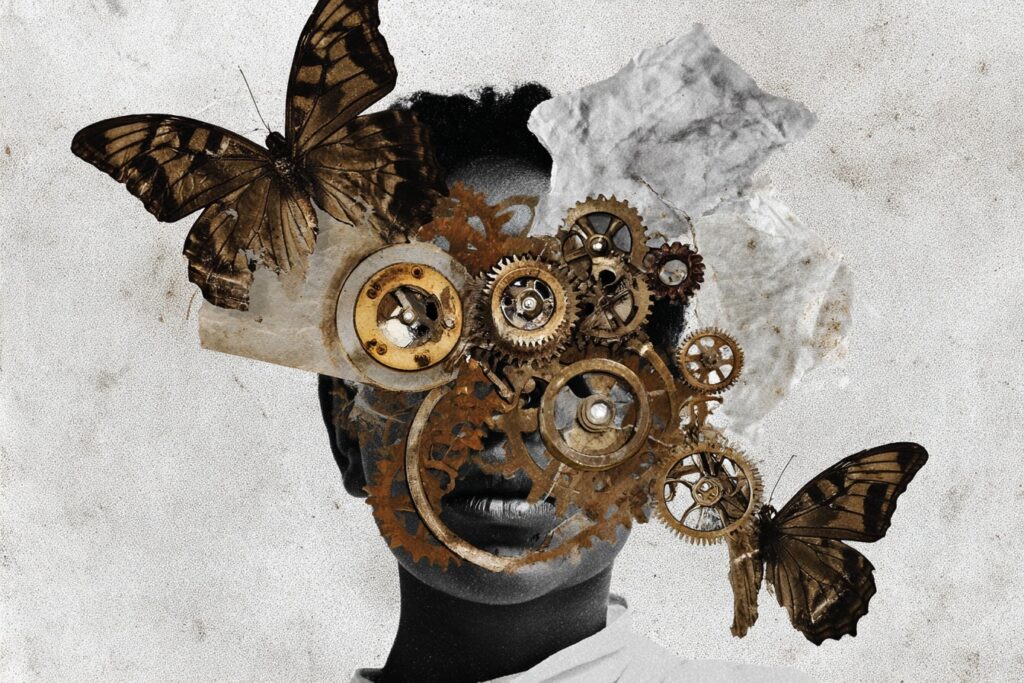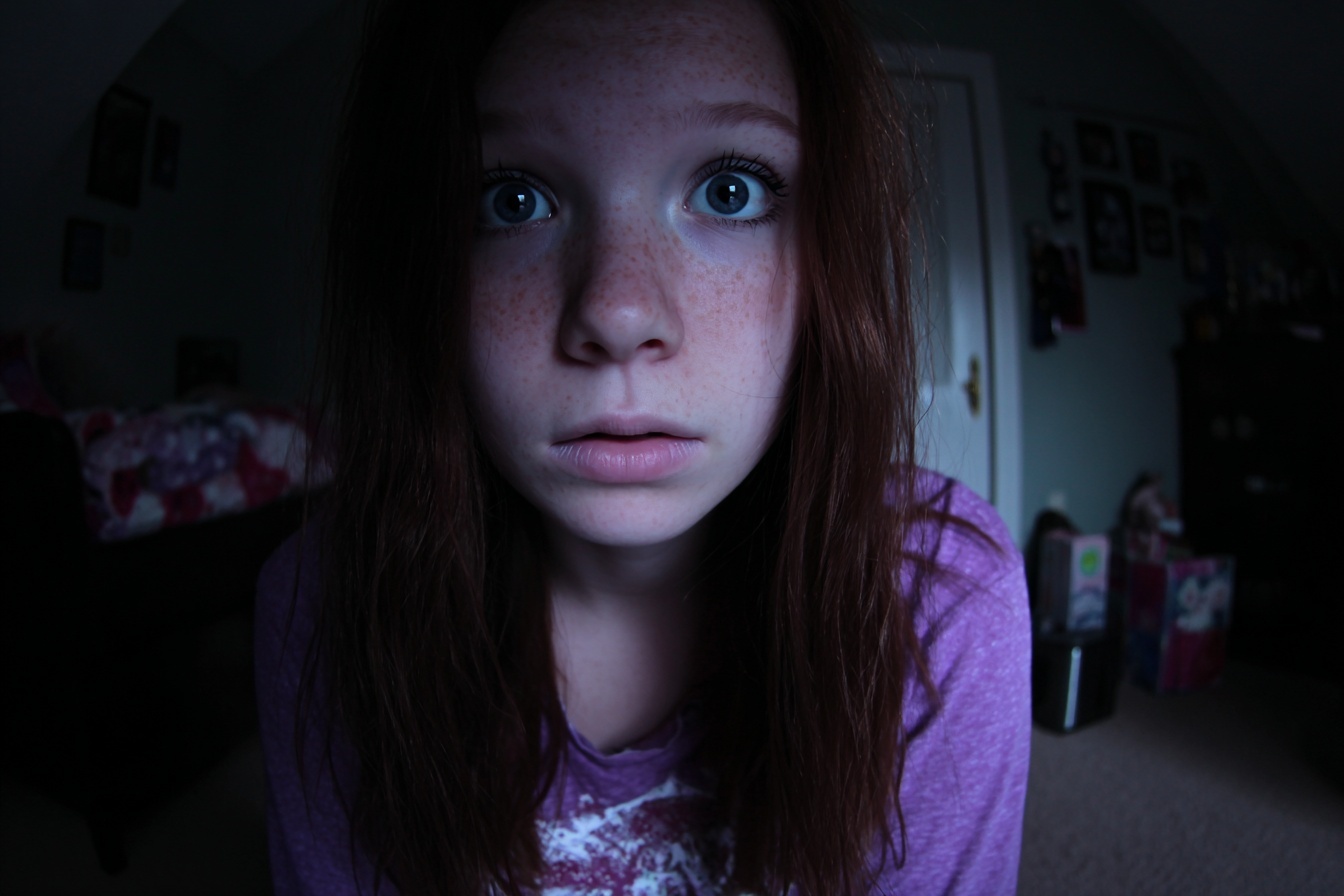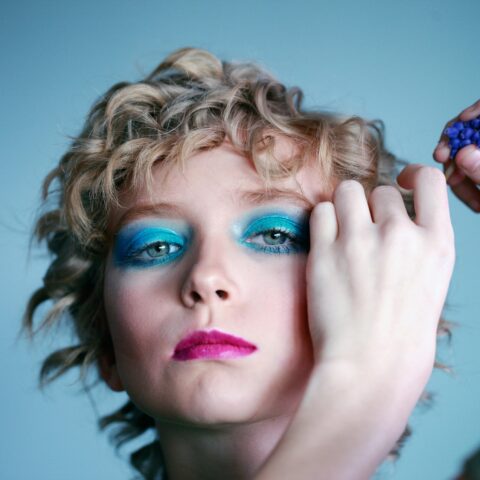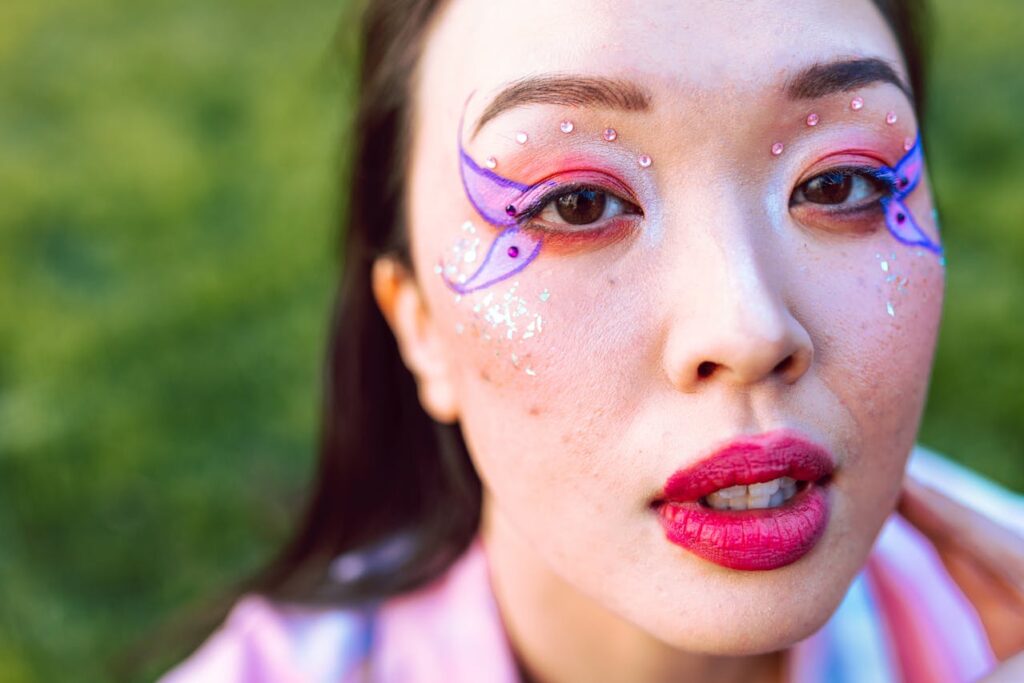What is neurodivergence, really? More than a buzzword, it’s a lens for understanding ADHD, autism, anxiety, and other beautifully complex brains. Here’s the real, unfiltered breakdown.
Have you been searching what is neurodivergence? Am I one?

I used to think there was something wrong with me.
I’d forget simple tasks but hyper-focus on random ones for hours. I’d panic in crowds, feel wired at 3AM, and struggle to explain what was happening in my head to people who didn’t seem to get it.
Then I discovered the term neurodivergence — and suddenly, I wasn’t broken. I was just… different.
A different operating system. A different rhythm. A different lens.
If you’ve ever felt like your brain doesn’t work the way it “should,” or like you’re stuck translating your inner world into something others can accept — you might be neurodivergent, too. And no, it doesn’t mean you’re messed up. It means you’re wired in a way that challenges the standard.
So… what is neurodivergence, really?
Let’s break it down — in plain language, with honesty, lived experience, and a little humor. Because brains are weird, and that’s kind of the point.
Table of Contents
📘 What is neurodivergence? (No fluff, just truth)
Neurodivergence is a term that describes people whose brains function differently from what’s considered “neurotypical.” It’s not a diagnosis. It’s not a disorder. It’s a concept — a framework — for understanding all the ways brains can work differently.
Coined by sociologist Judy Singer in the late 1990s, the term was originally created to describe autism, but it’s since expanded to include:
- ADHD
- Autism Spectrum Disorder (ASD)
- Dyslexia, dyspraxia, dyscalculia
- OCD
- Tourette’s
- Bipolar disorder
- PTSD and C-PTSD
- Sensory Processing Disorder
- Anxiety
- Depression
- …and honestly, anyone whose brain just refuses to conform to societal “norms”
The opposite is neurotypical — people whose cognitive functions generally align with what society expects.
🔄 Think of it like this:
Neurotypical = iPhone default settings
Neurodivergent = jailbroken Android running 12 apps at once and occasionally overheating
🧬 It’s not a glitch — it’s a variation

Neurodivergence doesn’t mean “broken.” It means different.
Sure, being neurodivergent can come with challenges — executive dysfunction, sensory overwhelm, social confusion, emotional spirals. But it can also come with incredible strengths:
- Pattern recognition
- Hyper-focus
- Creative problem-solving
- Emotional depth
- Deep empathy
- Passion-driven learning
The problem isn’t the brain — it’s the world not being designed for that kind of brain.
Classrooms. Workplaces. Social scripts. Time management tools. Most of these are built for neurotypical assumptions. That’s why so many of us feel like we’re “failing” — when really, we’re just using the wrong map for the terrain we’re in.
🔄 Neurodivergent vs Neurotypical: A quick breakdown
| Trait | Neurotypical | Neurodivergent |
|---|---|---|
| Focus | Linear, consistent | Hyper or hypo focused |
| Socializing | Intuitive, rule-following | Masking, guessing, overthinking |
| Emotions | Generally regulated | Intense, reactive, or numbed |
| Routines | Easy to maintain | Chaotic or deeply ritualistic |
| Learning | Standardized methods work | Needs interest-based, adaptive methods |
🌈 So… am I neurodivergent?
You might be. You might not be. You might relate to neurodivergent traits without a formal diagnosis — and that’s still valid.
Neurodivergence isn’t about having a certificate. It’s about noticing:
“My brain doesn’t do what everyone else’s seems to do — and I’ve spent years feeling bad about it.”
Here’s a reflection checklist — not diagnostic, just data:
✅ You get sensory overload from lights, noises, or certain textures
✅ You hyper-fixate on random interests and then burn out
✅ You forget important things but remember weird, tiny details
✅ You find group conversations draining
✅ You mask your real personality to “seem normal”
✅ You have cycles of burnout followed by intense productivity
✅ You’ve been labeled lazy, sensitive, dramatic, or weird — but none of those labels feel fair
Try our am I neurodivergent quiz here
🎭 Let’s talk about masking (and why it drains your soul)
Masking is when neurodivergent people hide or suppress their natural behaviors to “pass” as neurotypical. It’s not always conscious — sometimes it’s so deeply ingrained you don’t realize you’re doing it until you’re exhausted, overstimulated, and wondering why you hate yourself.
Examples of masking:
- Forcing eye contact even when it makes you uncomfortable
- Laughing at things you don’t find funny to fit in
- Rehearsing conversations in your head beforehand (and afterward)
- Hiding stimming (like fidgeting or repetitive movements)
- Copying other people’s social behavior to “blend in”
I masked for years — smiling through overwhelm, playing the “chill girl” in social groups, pretending I wasn’t drowning in noise and flashing lights at restaurants. It worked… until it didn’t.
Because masking isn’t sustainable.
It leads to burnout.
Read our guide on neurodivergent masking
🔥 Burnout: the invisible crash
Neurodivergent burnout isn’t just being tired. It’s full nervous system shutdown. It’s when:
- You can’t do basic tasks
- You lose interest in things you love
- You feel numb, foggy, or detached from your body
- You physically hurt from existing
Burnout comes from years of being “on.” From masking. From fighting your brain instead of working with it. From trying to run neurotypical software on hardware that was never built for it.
And most people won’t recognize it because from the outside, you still look functional — just tired, dramatic, or flaky.
But inside? It’s like your internal operating system just fried.
Read our guide on Neurodivergent Burnout
✨ The “neurodivergence is a superpower” myth
You’ve probably heard it:
“ADHD is your superpower!”
“Autistic people are geniuses!”
“You’re not broken — you’re gifted!”
On the surface, that sounds nice. Empowering, even. But here’s the problem:
👉 It romanticizes pain.
👉 It puts pressure on us to be exceptional just to be accepted.
👉 It makes us feel like if we’re not wildly creative, hyper-productive, or brilliant — we’re failing at neurodivergence, too.
The truth? Being neurodivergent doesn’t mean you’re a superhero.
It means your brain works differently. That’s it. You don’t owe anyone “greatness” to justify your existence.
🏙️ Why society makes neurodivergent life harder than it needs to be
The world isn’t built for us.
From school to work to relationships, most systems assume:
- We can sit still and pay attention for hours
- We can organize our lives with planners and checklists
- We won’t get overwhelmed in sensory-heavy environments
- We process emotions in “normal” timeframes
- We communicate in linear, socially acceptable ways
When you can’t meet those expectations, the world labels you:
- Disruptive
- Lazy
- Oversensitive
- Disrespectful
- Emotionally unstable
When really? You’re trying harder than anyone can see.
💬 A personal truth from Jenny Mirah
Being neurodivergent is like living in a country where everyone speaks a language you don’t. You can learn to mimic the sounds, even form sentences — but it’s not your native tongue. It’s exhausting.
And the worst part? When you finally say, “Hey, this isn’t my first language,” people go:
“What are you talking about? You speak just fine.”
No wonder so many of us break down.
The moment I realized I was neurodivergent — not broken, not lazy, not dramatic — my whole life clicked into place. I started rebuilding how I treated myself. I started giving myself grace. And I started writing, because I know what it’s like to feel untranslatable.
🤔 Questions to ask yourself if you think you might be neurodivergent
- Do you often feel like you’re pretending to be someone you’re not?
- Are everyday tasks exhausting in a way others don’t seem to understand?
- Do you avoid social events even when you want connection?
- Have you been called “too much” or “not enough” your whole life?
- Do you have intense interests you obsess over for weeks or months?
- Do routines either completely save your life or feel impossible to maintain?
- Do you feel like you were “too weird” as a kid but learned to hide it?
These aren’t tests. They’re mirrors. If even a few reflect back something deep in your gut, you might be one of us.
🌟 The hidden strengths of neurodivergent brains
Let’s talk gifts — real ones. Not the “you’re so quirky!” crap people throw at us, but the actual strengths many neurodivergent folks develop by surviving in a world not built for us.
🔍 Pattern recognition
You see connections others miss. Whether it’s visual, emotional, or intuitive — your brain’s wiring wants to link ideas. That’s why so many of us become innovators, artists, or deep analysts.
⚡ Intensity = depth
When we feel, we feel. That can be overwhelming, yes — but it also means we experience passion, empathy, creativity, and joy with unmatched richness.
💥 Resilience
If you’ve made it this far while masking, burning out, and navigating systems that misread you — you’re already ten times stronger than you think. Neurodivergent people build survival skills early. It’s not always glamorous, but it’s powerful.
🧠 Hyper-focus
When the interest is real, we lock in. Time disappears. Flow state hits. It’s not always reliable, but when it works? We move mountains.
🧘♀️ How to support yourself if you’re neurodivergent
Forget the grind mindset. This is about alignment.
🛠️ Build a custom toolkit
What works for neurotypicals might not work for you — and that’s okay. Experiment until you find what does.
Try:
- Noise-canceling headphones
- Text-to-speech or speech-to-text tools
- Body doubling apps (like Focusmate)
- Color-coded task lists
- Visual timers (Time Timer, Pomodoro)
🛑 Drop the shame
You’re not late because you’re lazy. You’re not disorganized because you “don’t care.” You’re not bad at relationships because you’re cold. Your brain just runs on different rules — start learning them.
🧩 Find your rhythm
Some neurodivergent people thrive with routine. Others with novelty. Learn what drives your dopamine — then build systems around that.
🫂 Find your people
This one is crucial. Find others who get it — ADHD groups, autistic forums, neurodivergent Discord servers, or just one friend who doesn’t need you to explain why fluorescent lights make you want to scream.
💬 How to talk about neurodivergence with others
It can be scary to share that you’re neurodivergent — especially with family, coworkers, or partners. Here are some ways to approach it:
For partners:
“I process things differently than most people. It’s not about you — it’s how my brain works. I want you to understand so we can support each other.”
For employers:
“I work best when I can manage my focus in non-traditional ways. I’m neurodivergent, and I’m happy to share what helps me thrive.”
For friends:
“I sometimes mask to keep up socially, but it drains me. Just being real with you helps.”
You don’t owe anyone a medical file or a full explanation. But sharing your reality, even in pieces, can build real connection — and make space for the unmasked you.
🧠 Final thoughts: so… what is neurodivergence?
It’s not a diagnosis. It’s not a label to fear.
It’s a framework — one that gives language to the people who’ve spent their whole lives feeling “off,” “too much,” “too sensitive,” or “not enough.”
Neurodivergence isn’t an excuse — it’s an explanation.
And more than anything, it’s a reminder that your brain isn’t broken.
It’s brilliantly, beautifully different.
And that’s not something to hide — it’s something to learn how to live with.
❓ FAQ: 12 Real Questions About Neurodivergence
1. What does neurodivergence actually mean?
It means your brain functions differently from the majority (neurotypical) population. It’s not a clinical diagnosis — it’s a descriptive concept.
2. Is ADHD considered neurodivergent?
Yes, ADHD is one of the most common forms of neurodivergence.
3. What about anxiety and depression?
Some people include them under the neurodivergent umbrella — especially when chronic. Others separate them as mental health conditions. It’s context-dependent.
4. Do I need a diagnosis to call myself neurodivergent?
No. If the concept helps you understand your experience, you can use the word — whether you’re diagnosed or not.
5. Is being neurodivergent a disability?
It can be. Many neurodivergent people qualify as disabled under legal definitions, especially if their traits cause impairment in daily functioning.
6. Can neurodivergent people succeed in life?
Absolutely. Neurodivergence comes with challenges, but also huge strengths. The key is adapting systems to you.
7. Is neurodivergence rare?
Not at all. Studies suggest at least 15–20% of the population may be neurodivergent in some way.
8. Can I be neurodivergent and not know it?
Yes — many adults only discover it later in life, especially women, BIPOC folks, or those raised to mask heavily.
9. Can neurodivergent people be in healthy relationships?
Yes. They just might require clearer communication, boundaries, and mutual understanding.
10. What’s the difference between neurodiverse and neurodivergent?
Neurodivergent = the individual
Neurodiverse = the group
(You can’t be “neurodiverse” by yourself — it’s a collective term.)
11. Can neurotypical people be empathetic allies?
Yes — when they listen, learn, and stop assuming we’re “too dramatic.”
12. Where can I learn more about this stuff?
Right here on ADHD Goat.
And from books like “Divergent Mind” by Jenara Nerenberg or “Unmasking Autism” by Devon Price.








